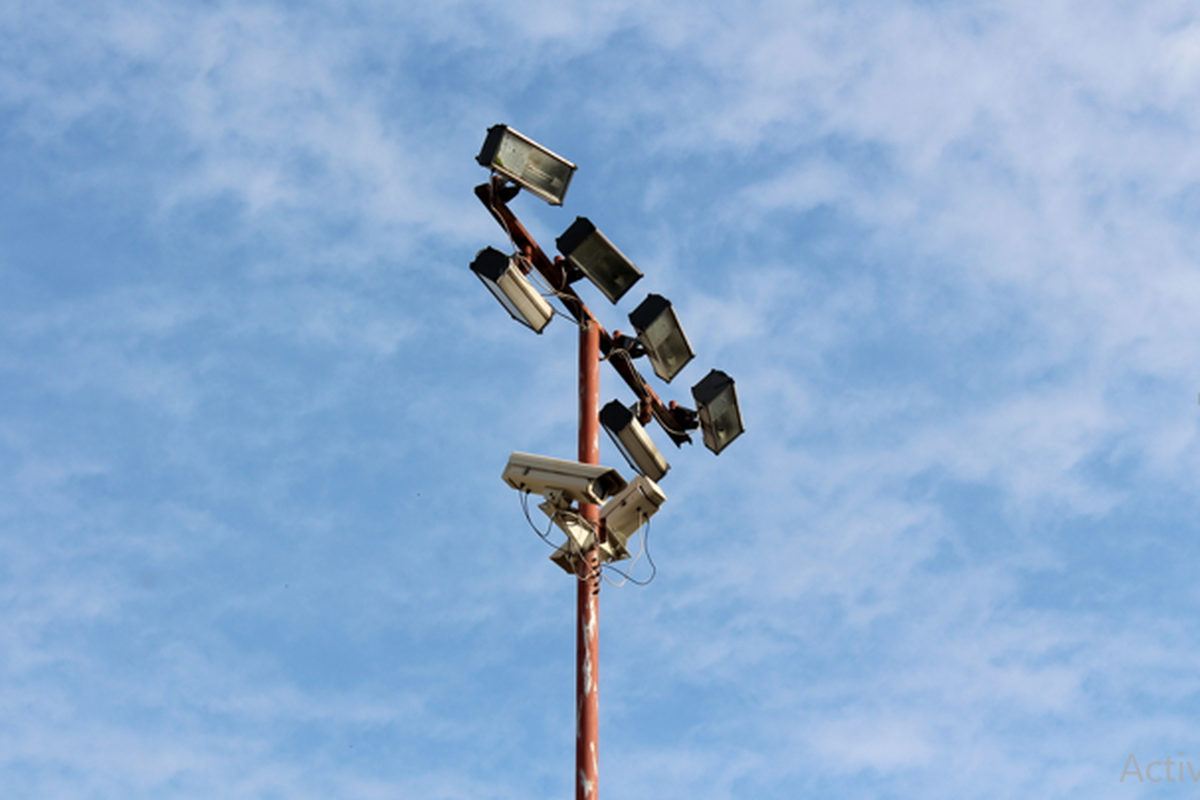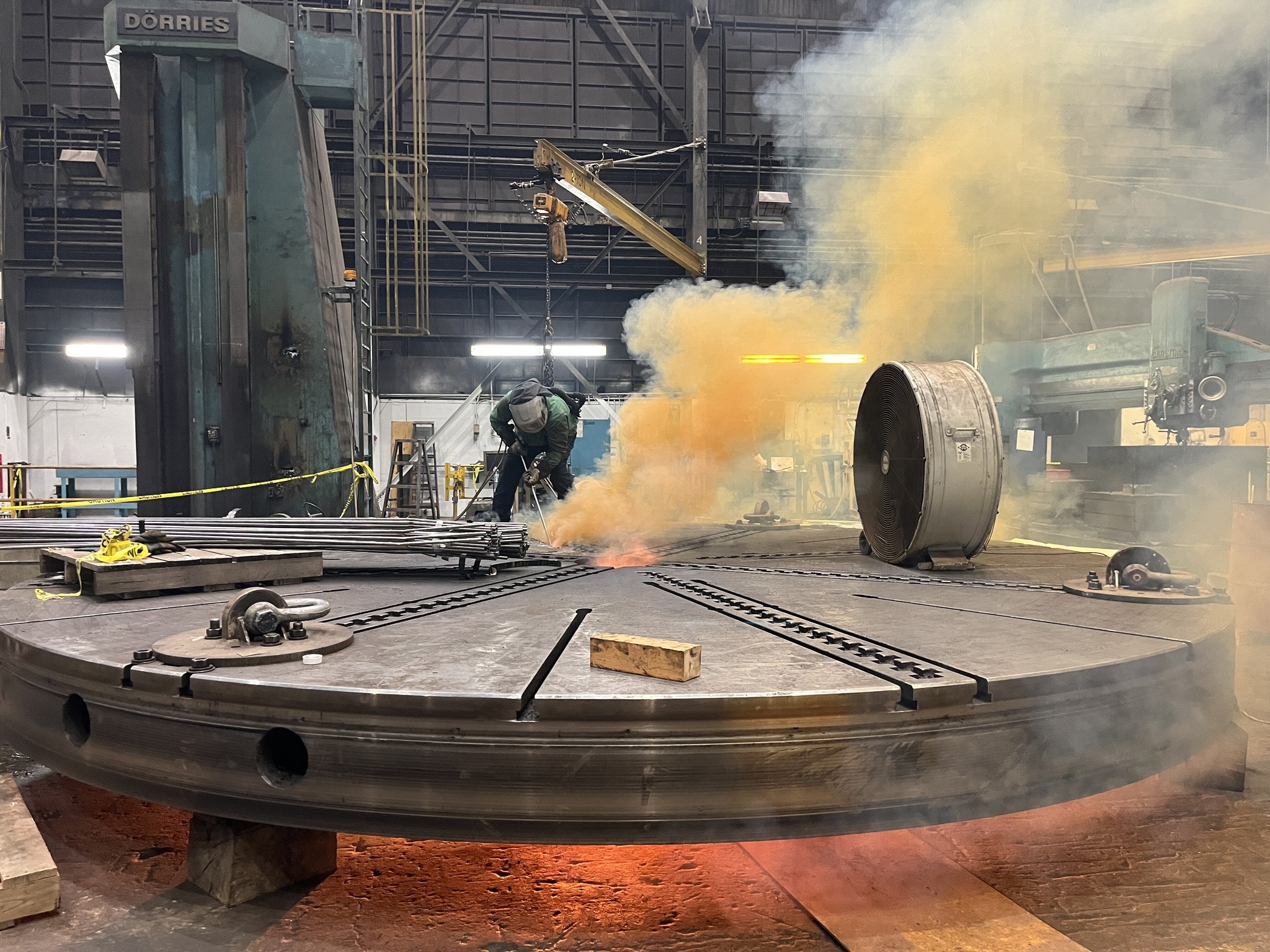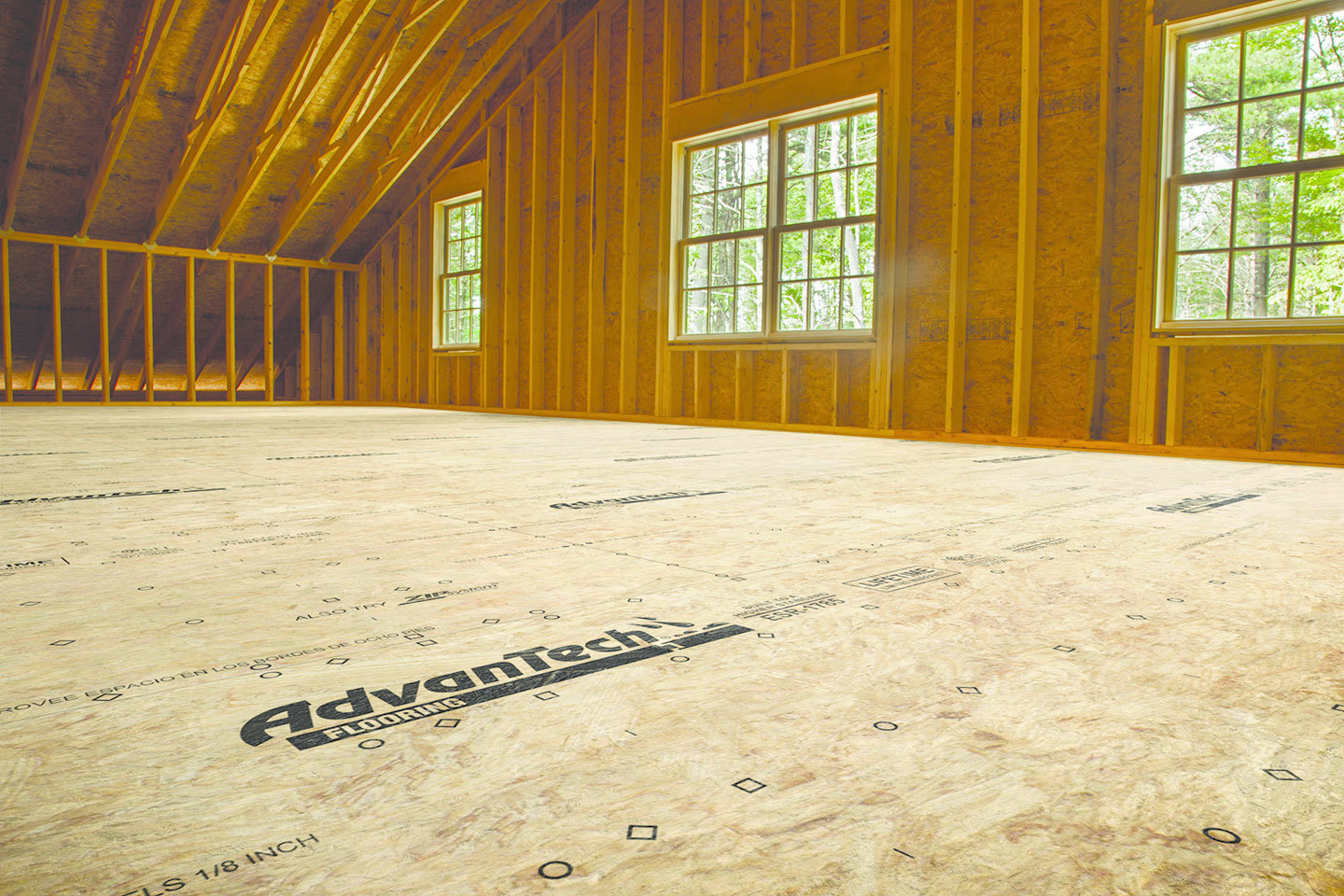
Have you ever driven past a construction site at dusk, the skeletal frame of a future building silhouetted against the fiery orange sky, and wondered what happens when the workers pack up and head home? Does the progress simply pause, the exposed materials vulnerable under the cloak of darkness? The answer, my friend, might surprise you. It’s not a team of tireless construction elves toiling through the night (although that would be a sight to see), but a network of silent guardians – site cameras.
These aren’t your average point-and-shoot cameras you use to capture birthday parties or scenic vacations. Site cameras are built for a tougher world – a world of dust storms, relentless sunshine, and the occasional rogue hard hat that might go flying with a misplaced swing of the hammer. They stand watch over the site 24/7, their watchful eyes a constant deterrent against theft, vandalism, and other security threats.
But their role goes beyond simply playing security guard. Site cameras offer a wealth of benefits that keep construction projects running smoothly and efficiently.
WHAT ARE THE BENEFITS OF HAVING SITE CAMERAS?
There are several reasons why site cameras have become an essential part of any construction project. Here are a few of the big ones:
Security: Let’s face it, construction sites are treasure troves for thieves. Equipment, and materials – they’re all potential targets. Site cameras act as a powerful deterrent, discouraging would-be criminals and providing valuable footage if something does happen. Imagine a camera catching a culprit red-handed, trying to make off with a forklift – that kind of evidence is invaluable for law enforcement.
Progress Tracking: A construction project is a complex beast, with deadlines and milestones constantly looming. Site cameras provide a visual record of progress, allowing everyone involved – from project managers to investors – to see exactly how things are shaping up. Think of it like a time-lapse on fast forward. You can see the walls going up, and the floors being laid, all documented for posterity (and progress reports!).
Safety Matters: Safety is paramount on any construction site. Site cameras can be strategically placed to monitor high-risk areas, allowing for real-time interventions if unsafe practices are observed. They can also be used to investigate accidents, helping to identify potential causes and prevent future mishaps.
HOW TO CHOOSE THE RIGHT TOOL FOR THE JOB?
Not all site cameras are created equal. The best one for your project depends on your specific needs. Here’s some options:
Wired vs. Wireless: Wired cameras offer a reliable connection, but they can be a hassle to set up, especially on sprawling sites. Wireless cameras offer more flexibility, but their range and signal strength can be a concern.
Fixed vs. PTZ (Pan-Tilt-Zoom): Fixed cameras offer a good, clear view of a specific area. PTZ cameras, on the other hand, can be remotely controlled to scan a wider range, giving you a more comprehensive view of the site.
Day/Night Vision: Construction doesn’t stop after sunset. Cameras with good night vision capabilities ensure 24/7 surveillance, keeping an eye on things even when the workday is over.
WHAT SKILLS YOU NEED TO OPERATE SITE CAMERAS?
So, the idea of overseeing a construction project through a network of watchful eyes piques your interest? Intrigued by the world of site cameras and the role they play in keeping projects secure and on track? If you’re considering a career in this field, there are some key skills you’ll need to develop to navigate this dynamic and ever-evolving landscape.
First and foremost, a strong foundation in technology is essential. Understanding the different site camera systems available, their functionalities, and the ability to troubleshoot basic technical issues is crucial. Think of yourself as a translator, bridging the gap between complex technology and the practical needs of a construction site.
But it’s not just about the tech specs. Planning and placement are just as important. Where you position the cameras significantly impacts their effectiveness. Imagine a sprawling construction site with multiple buildings under construction. You’ll need a keen eye for detail to ensure optimal coverage, strategically placing cameras to capture blind spots and high-risk areas. Think of yourself as a chess player, anticipating potential security threats and deploying your cameras accordingly.
Finally, a sharp eye for detail is a valuable asset. The ability to review footage, identify anomalies, and generate clear and concise reports is essential. Imagine a situation where a minor equipment malfunction is captured on camera. Being able to pinpoint the exact timeframe and provide detailed visual evidence can be the difference between a costly delay and a quick fix. Think of yourself as a detective, piecing together the visual puzzle to identify potential problems and ensure the smooth operation of the project.
The world of site cameras offers a unique opportunity to combine technical expertise with strategic planning and a keen eye for detail. If you’re looking for a career that’s both challenging and rewarding, then this might just be the perfect fit for you.







